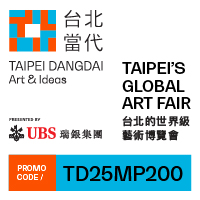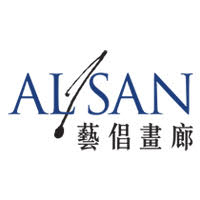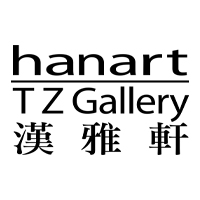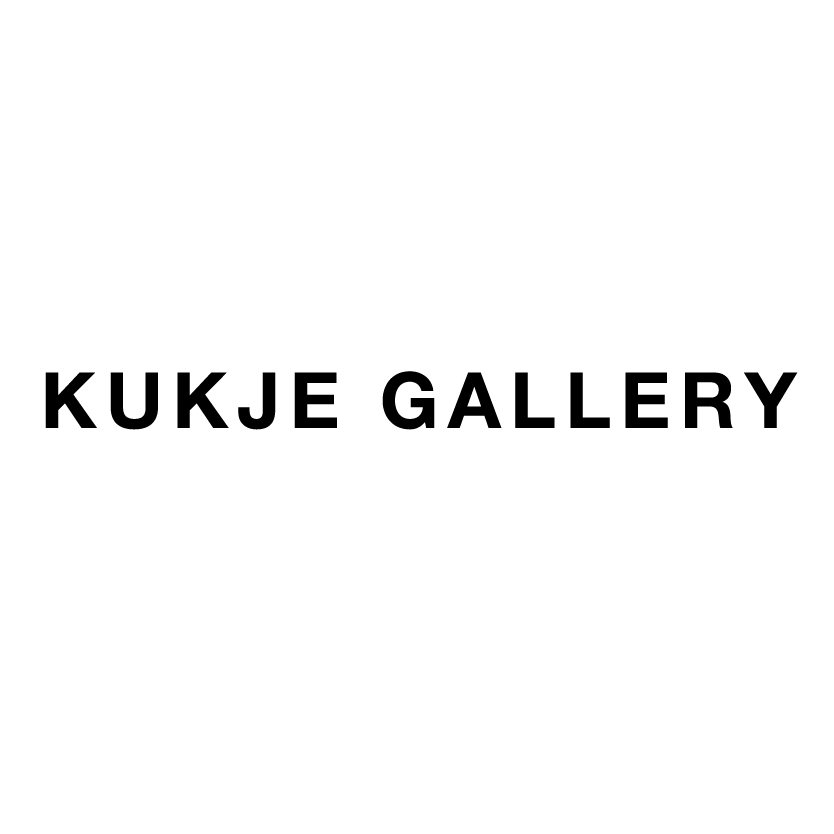Hou Hanru appointed new artistic director of Rome's MAXXI
By The Editors

Hou Hanru, the newly appointed artistic director of Rome’s MAXXI, will take up the position in September. Courtesy Fondazione MAXXI, Rome.
On July 31, Rome’s National Museum of 21st Century Arts (MAXXI) announced independent curator and critic Hou Hanru as its artistic director. Assuming this role in September, Hou will be responsible for planning MAXXI’s cultural programs.
After an international recruitment campaign, Hou was selected by the museum’s president and board members as the candidate with the most impressive “global vision.” The three-year-old institution has faced numerous setbacks since its opening, including drastic federal funding cuts and the loss of its president, Pio Baldi, who resigned in May 2012. With Hou’s appointment, the museum hopes to diversify its programming using the curator’s extensive experience in institutions worldwide. “He has worked both in the East and the West, providing a vision of art as a propulsive force and a metaphor for our present,” said MAXXI board member, Beatrice Trussardi.
Acclaimed for his curatorial contributions to the landmark show “China/Avant-Garde” (1989)—which showcased over 300 works by artists from all over China at the National Gallery in Beijing—Hou later received international attention for “Cities on the Move” (1997–2000), a traveling exhibition he co-curated with Hans Ulrich Obrist. Hou was director of exhibitions and public programs at the San Francisco Art Institute (2006–12) and sits on the curatorial committees of both the Guggenheim and Tate Modern. This year, he curated the 5th Auckland Triennial, “If You Were To Live Here…” which explored the potential for contemporary art to instigate urban transformation.
Gearing up for his new position, Hou is embracing the context of his new role: “It is a complicated time in Italy and many parts of the world facing the challenge of global restructuring in economy, culture, politics and human values,” he says, continuing optimistically, “but complications always imply opportunities for paradigm invention.”






